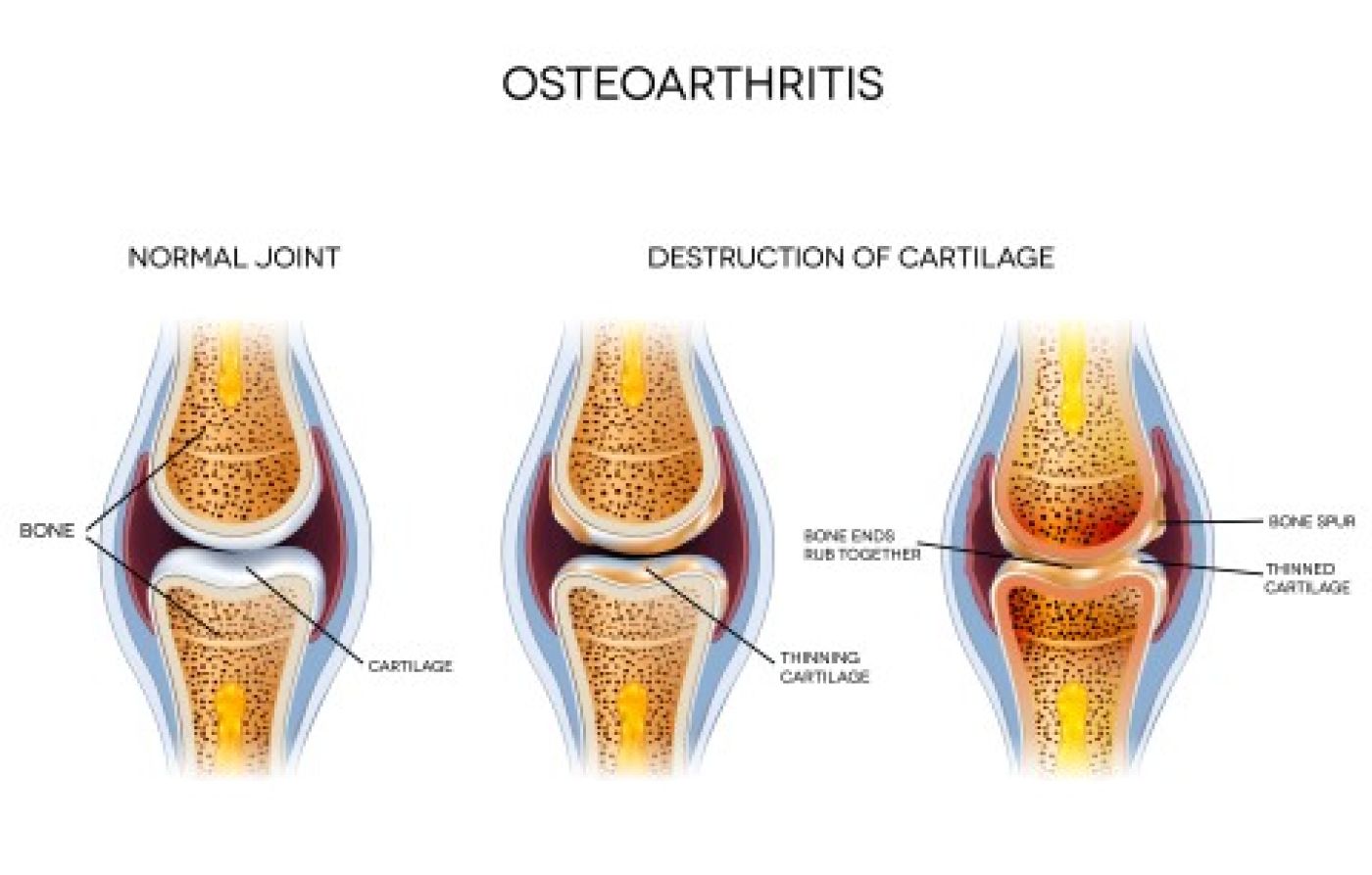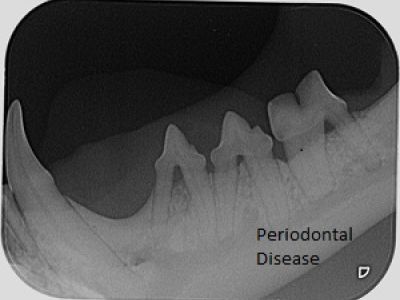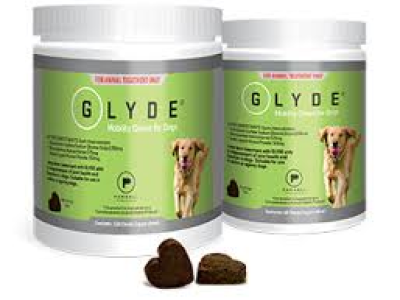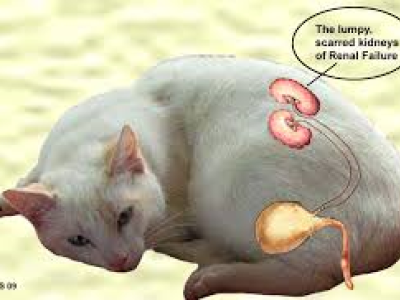Managing Osteoarthritis

We now have the foggy mornings upon us, which means the colder days are not far away. Winter is weeks away from arriving.
Are you cold? Do your bones or joints ache on these chilly? Do you just want to snuggle on your couch for comfort or relief? Our four-legged friends may be feeling the same way and seek relief in the same way as we do.
Arthritis is the medical term for inflammation of the joints, while osteoarthritis is referring to a form of chronic joint inflammation caused by deterioration of joint cartilage.
Osteoarthritis can also be referred to as degenerative joint disease (DJD). The symptoms vary from a decreased level of activity, occasional lameness or a stiff gait that worsens with exercise. The symptoms may increase with exercise, long periods of inactivity or cold weather. There is no common cause for DJD however trauma, abnormal wear on joints and cartilage or a congenital defect can be factors. Obesity is a large factor that can be overlooked as it increases stress put upon joints.
How can we improve the quality of life of an osteoarthritis sufferer?
- Diet - Professional diets are ideal in that they have the correct balance of green lip mussel, glucosamine and chondroitin sulphate in therapeutic doses to help relieve the symptoms and improve the joint quality.
- Bedding - Soft, padded bedding that is elevated to avoid concrete and the harsh coldness it gives and ensures that our pets are warm at night.
- Exercise - Regular low impact exercise will maintain a healthy weight and aid in joint mobility and increased muscle tone.
- Management - As a treatment plan for animals that are suffering from OA, we are able to offer courses of disease modifying osteoarthritis medication. This will reduce inflammation and associated pain, inhibit destructive enzymes, increase healthy cartilage production and increase the volume and quality of lubricating joint fluid.
Healthy joints will allow your pet to run and play without pain. Joints are surrounded by lubricating synovial fluid and the ends of bones are covered in elastic articular cartilage. These structures allow bones to glide over each other as your pet moves. In cases of osteoarthritis this gliding motion is not as smooth as it should be.
To support these animals we are able to offer medication that targets the source of pain, providing relief and to also regulate the inflammation. Over time there should also be an increase in cartilage restoration. In a recent study 75% of dogs showed an improvement in activity in less than 28 days.
All of our animals are entitled to a quality of life and there is a simple way to help our devoted friends. Ask us at any time for advice on your pet’s individual needs.


